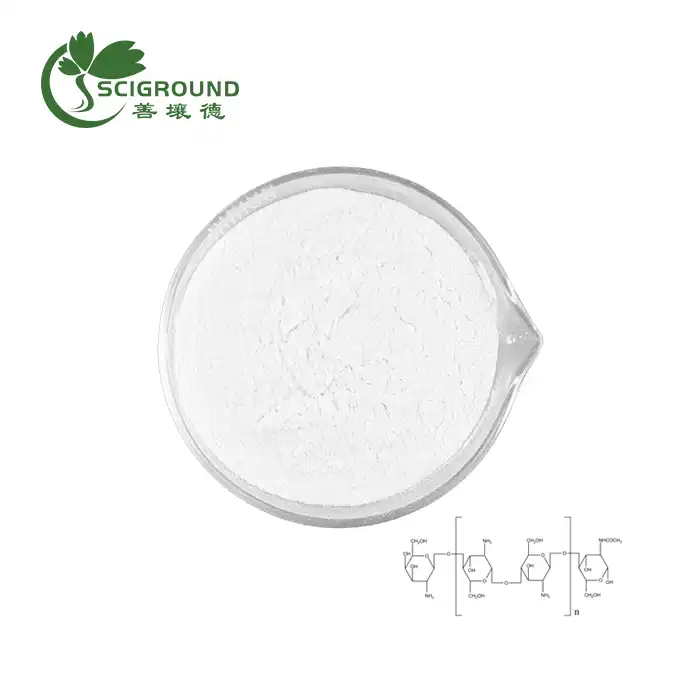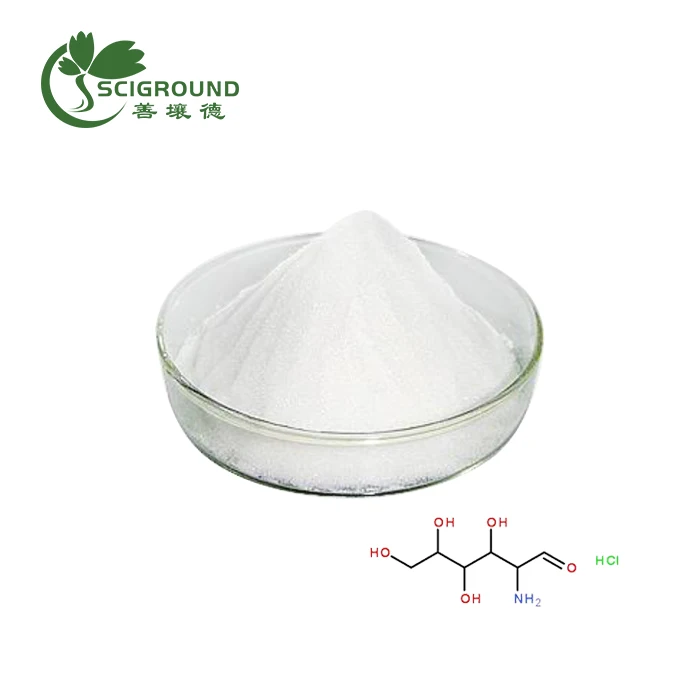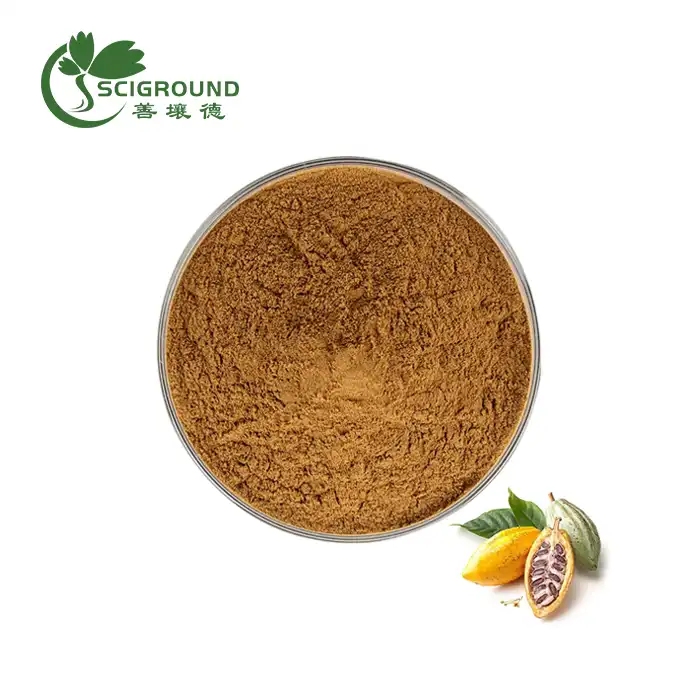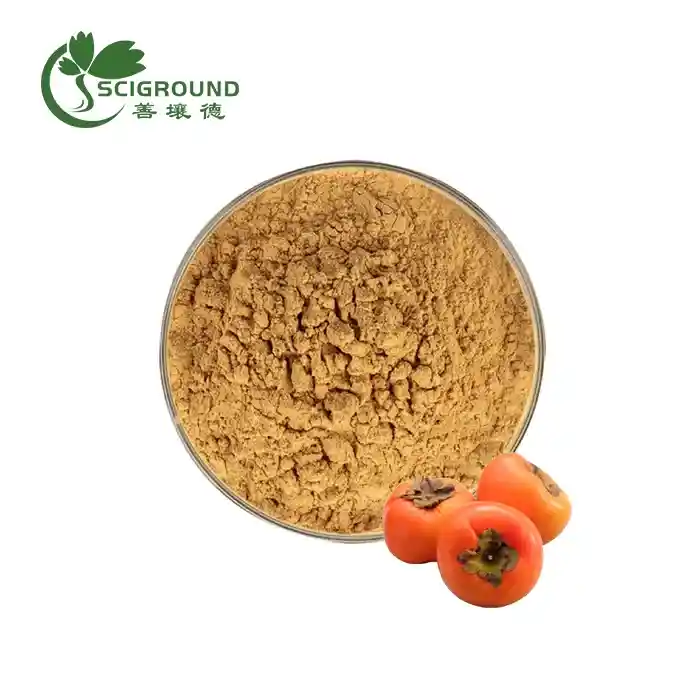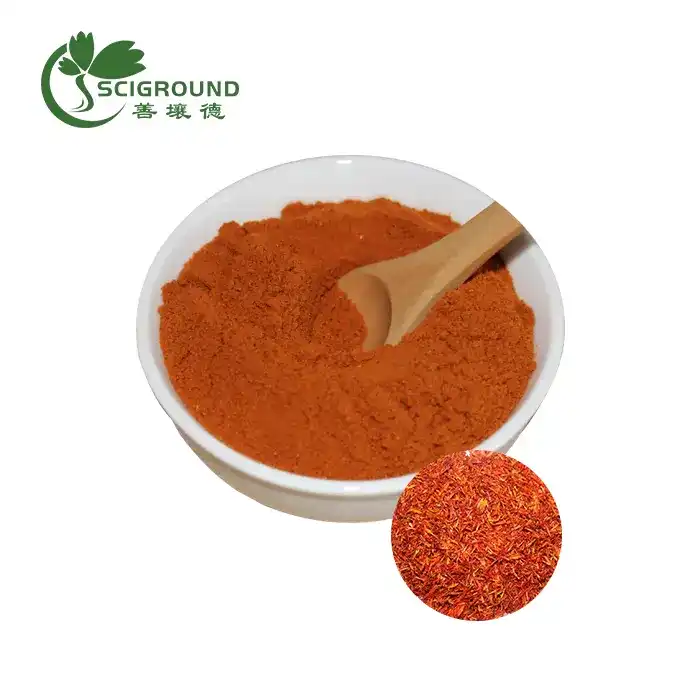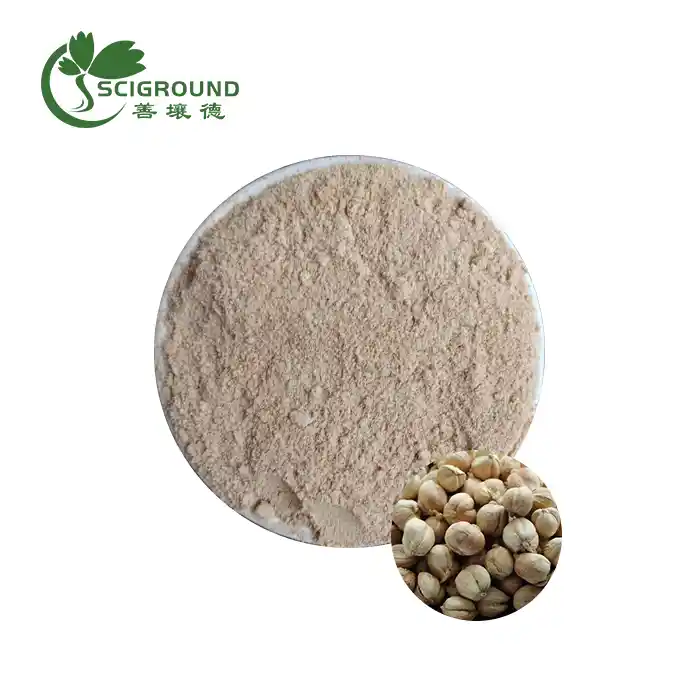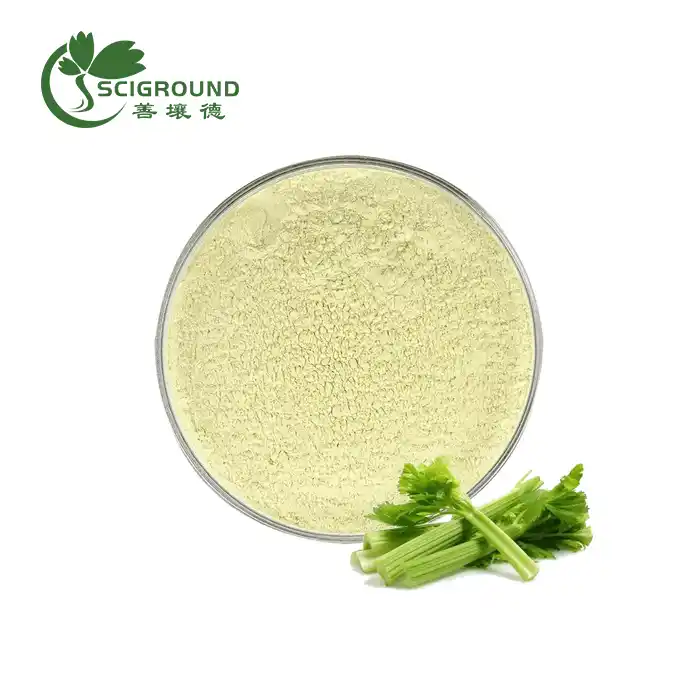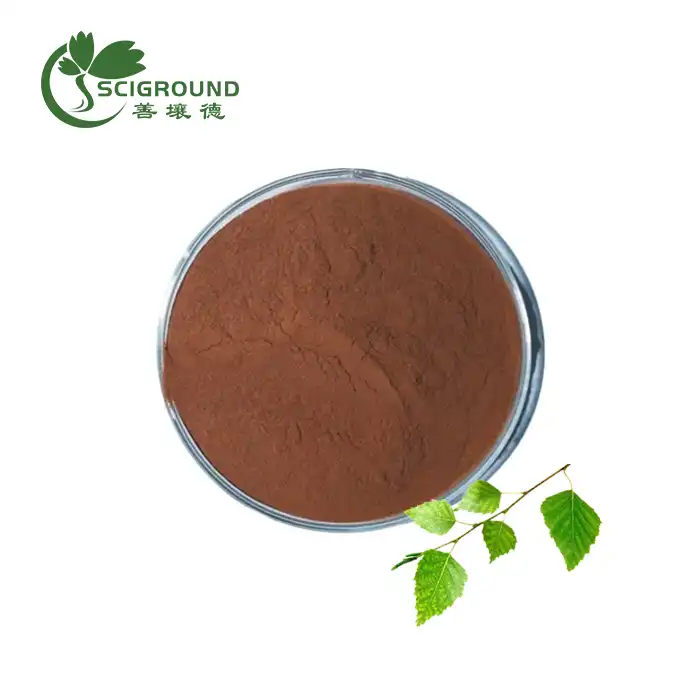What Do Persimmons Taste Like?
How Would You Describe the Taste of a Persimmon?
The taste of persimmon is a unique and delightful combination of flavors that many people find appealing. The flavor can vary slightly depending on the type and ripeness of the persimmon, but in general, here's how you might describe the taste of a persimmon:
Sweet: It is known for its natural sweetness. When ripe, they have a sweet, honey-like flavor that's often described as being sweeter than many other fruits. This sweetness makes them a favorite among those with a sweet tooth.
Subtle Tartness: While persimmons extract powder are predominantly sweet, they may also have a subtle tartness, especially in less ripe or astringent varieties. This tartness can provide a pleasant contrast to the overall sweetness.
A Slight Floral Note: Some people detect a subtle floral or floral-like undertone in the flavor of certain persimmons, particularly in varieties like Fuyu.
Creamy Texture: In addition to the taste, the texture of persimmons can be a defining characteristic. When fully ripe, persimmons are soft and almost custard-like in texture, making them incredibly smooth and enjoyable to eat.
Notes of Spice: Depending on the variety and ripeness, you might notice hints of spice or warm undertones in the flavor profile. This adds a bit of complexity to the taste.
Nutmeg or Cinnamon Hints: In riper Fuyu persimmons, some people detect notes of nutmeg or cinnamon, which can make them taste slightly reminiscent of holiday spices.
Mild Apricot or Mango Flavors: Some people liken the flavor of persimmons to apricots or mangos due to their tropical and fruity essence.
The taste of persimmon can be quite versatile, and it can be enjoyed in various ways. Some people prefer to eat them fresh, like an apple, while others use them in baking, desserts, smoothies, or salads. Additionally, they can be dried to make a sweet and chewy snack.
The exact flavor experience you'll have with persimmons can vary, so it's a good idea to try them at different stages of ripeness and with different varieties to discover the nuances in their taste. Whether you savor the sweet, creamy, and slightly tart profile or explore the subtle hints of spice and fruitiness, persimmons offer a delightful and memorable flavor experience.
Are You Supposed to Eat Persimmon Raw?
Yes, persimmons are typically eaten raw, and they are delicious when enjoyed in their natural, fresh state. Eating persimmons raw allows you to experience their unique and sweet flavor, as well as their creamy texture. Here are some key points to consider:
Ripeness: It's important to eat persimmons when they are ripe. Unripe persimmons, particularly the astringent Hachiya variety, can be very bitter and mouth-puckering due to their high levels of tannins. Ripe persimmons are sweet and enjoyable.
Fuyu vs. Hachiya: Fuyu persimmons are typically eaten when they are still firm, similar to eating an apple. They can be sliced and enjoyed as a snack or used in salads and various dishes. Hachiya persimmons, on the other hand, are typically eaten when they are fully ripe and have a soft, custard-like texture.
Preparation: To eat a ripe persimmon, simply wash it, remove the stem if it's still attached, and then either slice it, quarter it, or bite into it, depending on your preference.
Versatility: While eating persimmons raw is the most common way to enjoy them, you can also incorporate them into various recipes, such as desserts, smoothies, salsas, or as a topping for yogurt or oatmeal. Their natural sweetness and creamy texture make them a versatile ingredient in the kitchen.
Drying: Persimmons can also be dried to make a chewy and sweet snack, similar to dried apricots or prunes.
In summary, ripe persimmons are delicious when eaten raw, and they are often enjoyed this way. Their sweet and unique flavor, as well as their creamy texture, make them a delightful fruit to savor as a snack or as an ingredient in a variety of culinary creations.
Do You Eat the Skin of Persimmon?
Whether or not you eat the skin of a persimmon depends on personal preference, the type of persimmon, and its ripeness. Here's what you need to know:
Fuyu Persimmons: Fuyu persimmons have skin that is typically thin, tender, and palatable even when the fruit is ripe. Many people enjoy eating the skin of Fuyu persimmons as it adds a pleasant texture and a slight bitterness that can balance the fruit's natural sweetness.
Hachiya Persimmons: Hachiya persimmons have skin that can be thicker and more astringent, particularly when the fruit is not fully ripe. In this case, the skin may taste bitter and astringent. To enjoy Hachiya persimmons, it's advisable to wait until they are fully ripe, and the skin has softened. At this stage, the skin becomes more palatable, and many people choose to eat it.
Washing: Regardless of the type, it's essential to wash persimmons thoroughly before eating them. This helps remove potential contaminants and any residue that may be on the skin.
Nutritional Benefits: Eating the skin of a persimmon can provide additional nutritional benefits, such as extra dietary fiber and a higher concentration of certain vitamins and minerals that are often found in the skin.
Personal Preference: Ultimately, the decision to eat the skin of a persimmon is a matter of personal preference. Some people enjoy the texture and flavor the skin adds to the overall experience, while others may prefer to peel the fruit, especially if the skin is unappealing or tough.
If you find the skin of a persimmon unpalatable or tough, you can easily peel it with a knife or a peeler before consuming the fruit. Just be cautious when cutting, especially with Hachiya persimmons, as their skin can be tough when unripe. In summary, both the type of persimmon and individual taste should guide your decision on whether to eat the skin, but it is safe to consume if you choose to do so.
For more information about our products and supply, please feel free to contact us at info@scigroundbio.com. We are a professional product manufacturer and supplier with competitive prices.
References:
Related Industry Knowledge
- Is horseradish powder spicy?
- What happens to your body when you take lysine?
- how to use stevia plant
- How Long Does Berberine Take to Work?
- Capsaicin vs Capsicum
- Is Capsaicin Soluble in Water?
- Is L-carnitine Worth the Hype?
- White Willow Bark PE: A Natural Remedy for Pain Relief
- Discover the Magic of Corydalis Rhizome Extract
- Soybean Seed Extract: Unlocking the Potential of Nature's Superfood

